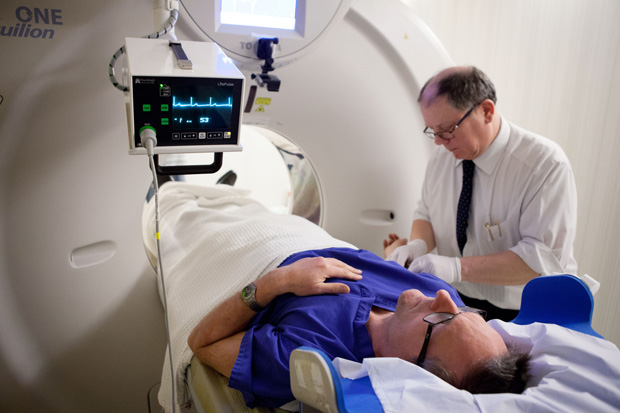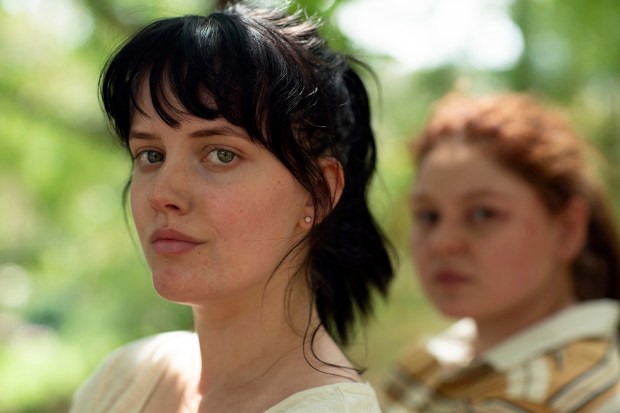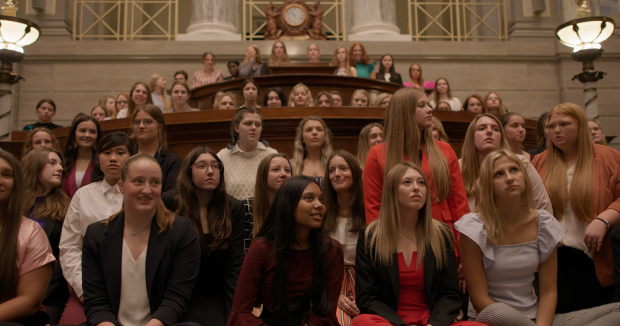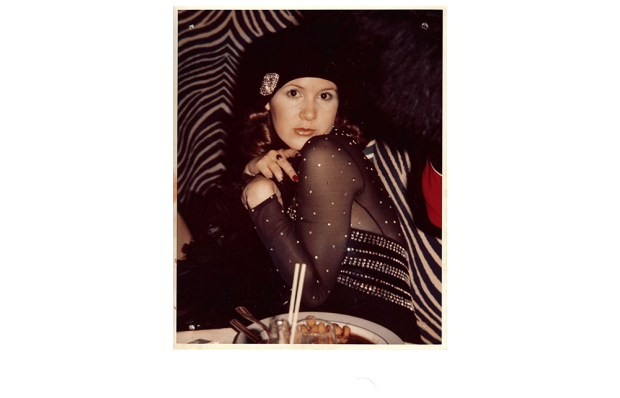When the link between tobacco and lung cancer was first established in the early 1950s, one obvious question arose: should doctors tell people not to smoke? These days, of course, the answer seems equally obvious — but at the time, medical opinion was divided. According to the highly distinguished Dr Erich Geiringer in a letter to the Lancet, ‘the best advice a doctor can give …to many non-smokers’ was that ‘they should get a pipe and dissolve their …body-destroying frustrations into blue smoke’. Less radically, Sidney Russ, a London University professor, pointed out that if doctors started nagging their patients about smoking, then logically they might as well nag them about eating bacon and egg for breakfast because of heart disease, or about sunbathing because of skin cancer — and bossiness on that scale was clearly unthinkable.
For most of us, I suspect, medicine’s huge shift towards a more preventative approach over the past 60 years feels rather sensible. But, wondered Michael Mosley in Horizon: Are Health Tests Really a Good Idea? (BBC2, Wednesday), has the shift now gone too far?
Mosley’s commitment to thorough investigation certainly couldn’t be faulted. In Harley Street, he had a heart scan that revealed the presence of what the doctor there called ‘the soft plaques that try to kill you’ — the type that regularly see off ‘the 45- or 50-year-old who goes to work in the morning and doesn’t come home’. (‘I don’t want to sound overdramatic,’ the doctor kindly added.) Later, Mosley donned a pair of frankly misnamed ‘dignity shorts’ — with a hole in the back so that a camera-bearing tube can be inserted up your bottom — and watched along with us as the nurse greeted the image on the screen with a cheery cry of ‘Here’s your beautiful rectum.’
But at least heart disease and bowel cancer are treatable, unlike some of the other conditions that Mosley checked himself for. Happily, a genetic test didn’t find the abnormalities that make Alzheimer’s more likely — but he also realised that, if it had, nothing would have been achieved beyond allowing the disease to begin wrecking his life before he got it (if he did).
Even trickier is the fact that being treatable doesn’t mean that something needs to be treated, especially as most cancer tests don’t yet distinguish between the life-threatening and the virtually dormant. At 72, Mosley’s own father was tested for prostate cancer that turned out to be positive. After undergoing the recommended surgery, Mosley senior was left incontinent and impotent — but died two years later of heart failure. So surely he’d have been better off not being tested in the first place. After all, around half of men over 60 have prostate cancer, yet the overwhelming majority will die with it rather than of it.
Throughout the programme, Mosley maintained a heroic level of equanimity, both about his own tests (although he did look understandably shaken to learn that he has the kind of genes that age quickly, increasing the risk of early death) and about the subject more generally, which he considered on a firm case-by-case basis. He did, though, allow us to hear some properly dissenting voices.
One American professor of medicine put forward the apparently controversial argument that the main purpose of a medical-care system should be to treat people who are ill. Iona Heath, a former president of the Royal College of GPs, went further, claiming that for the past 30 years the NHS has been ‘systematically taking resources from sick people and devoting them to worrying well people’. By Heath’s reckoning, Britain’s breast cancer screening programme harms around ten women for every life it prolongs — and so can’t possibly be viewed as benefitting the nation’s health.
Visiting the doctor also featured in Channel 4’s new series Very British Problems (Thursday), where it was seen as excruciatingly embarrassing. But then again, so was every other form of human contact mentioned in a show that used a selection of large sledgehammers (a narration by Julie Walters, nicely chosen archive clips and an A-list group of celebs) to crack the tiniest of chestnuts.
Sure enough, we were once more told that Brits are paralysed by anxiety at the thought of almost any social interaction with anybody, whereas foreigners seemingly like nothing better than to natter away to strangers on public transport. At one point, Julie even claimed that ‘a very British way’ of getting a seat on a train is ‘to reserve one’ — which is definitely pushing our claims for uniqueness a little far.
In other words, the real interest of the programme is why we keep on telling ourselves these tales of our own inadequacy when they’re a) achingly familiar, and b) perhaps not all that true. More curiously still, why does such British self-deprecation sound so like boasting?
Got something to add? Join the discussion and comment below.
Get 10 issues for just $10
Subscribe to The Spectator Australia today for the next 10 magazine issues, plus full online access, for just $10.
You might disagree with half of it, but you’ll enjoy reading all of it. Try your first month for free, then just $2 a week for the remainder of your first year.














Comments
Don't miss out
Join the conversation with other Spectator Australia readers. Subscribe to leave a comment.
SUBSCRIBEAlready a subscriber? Log in